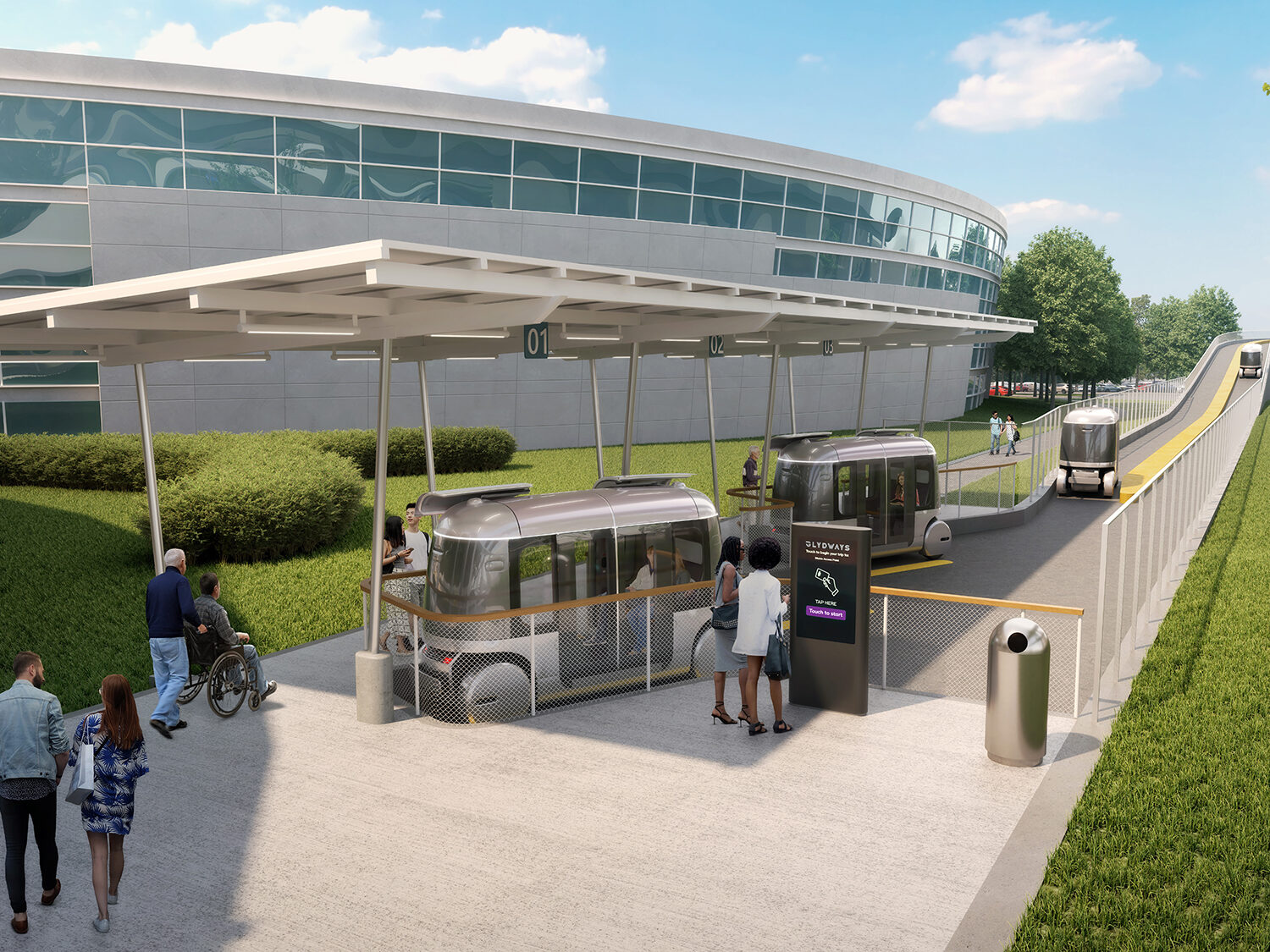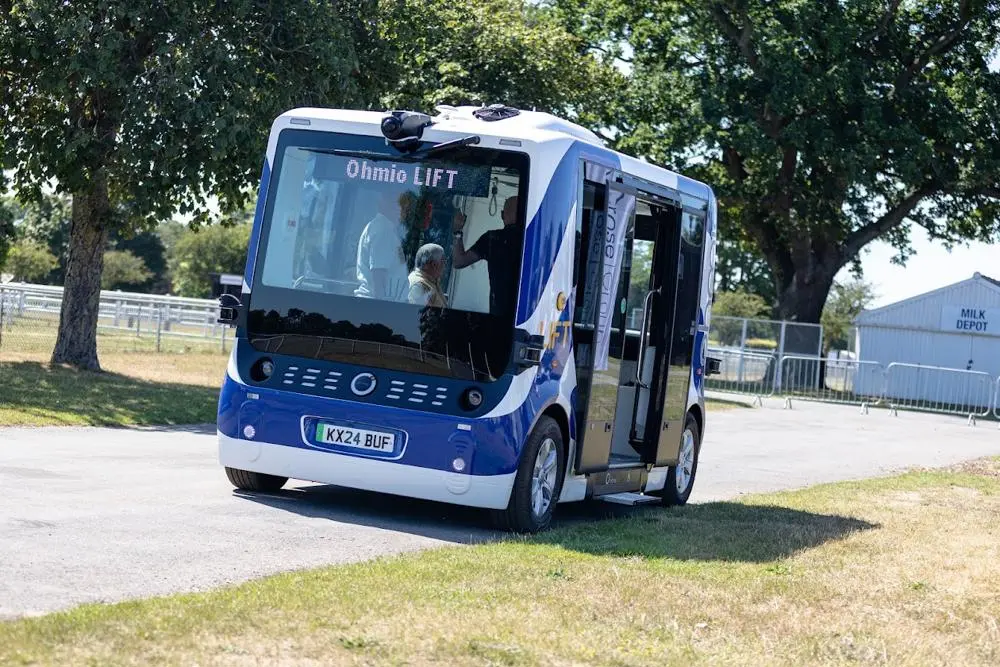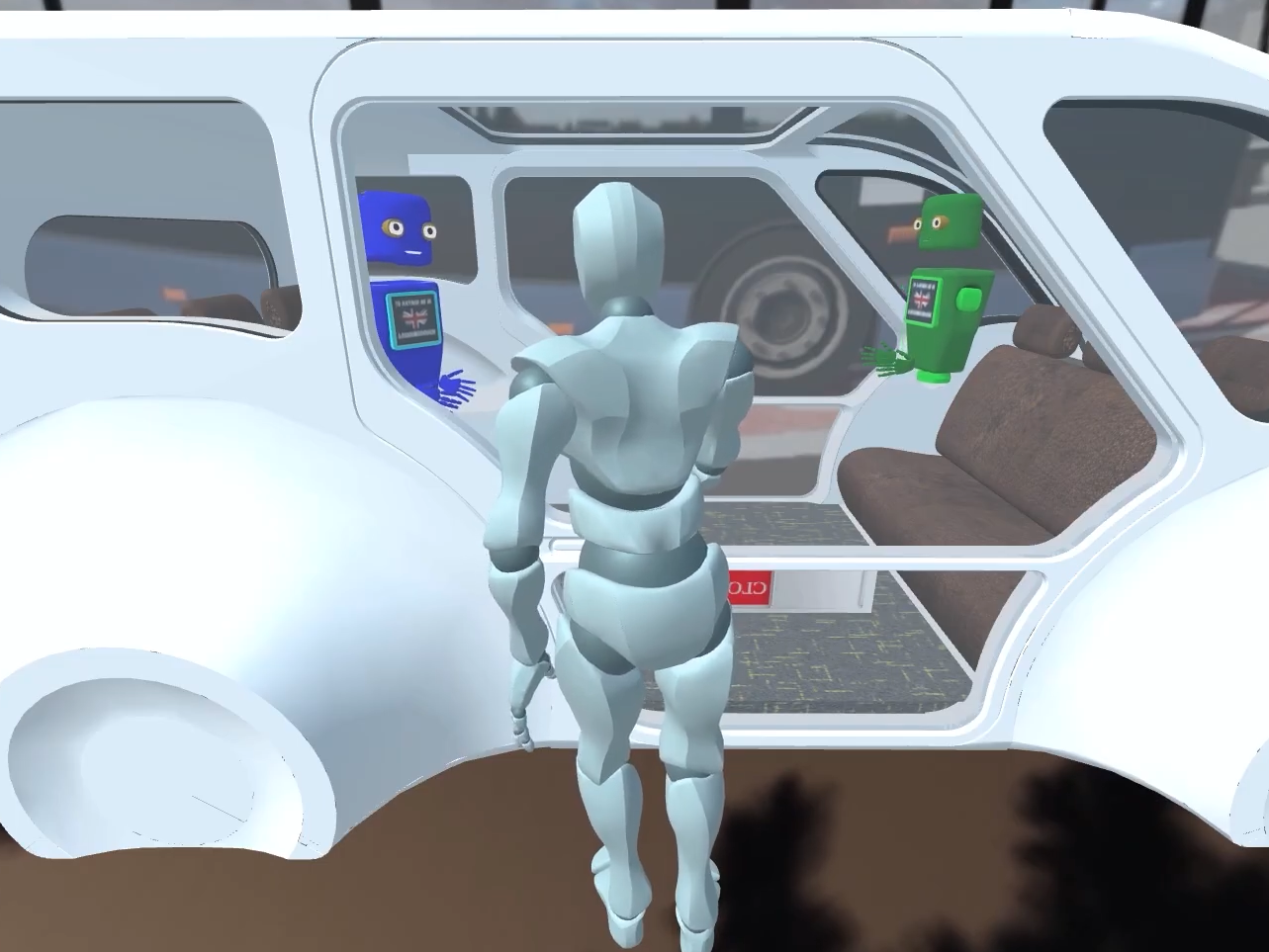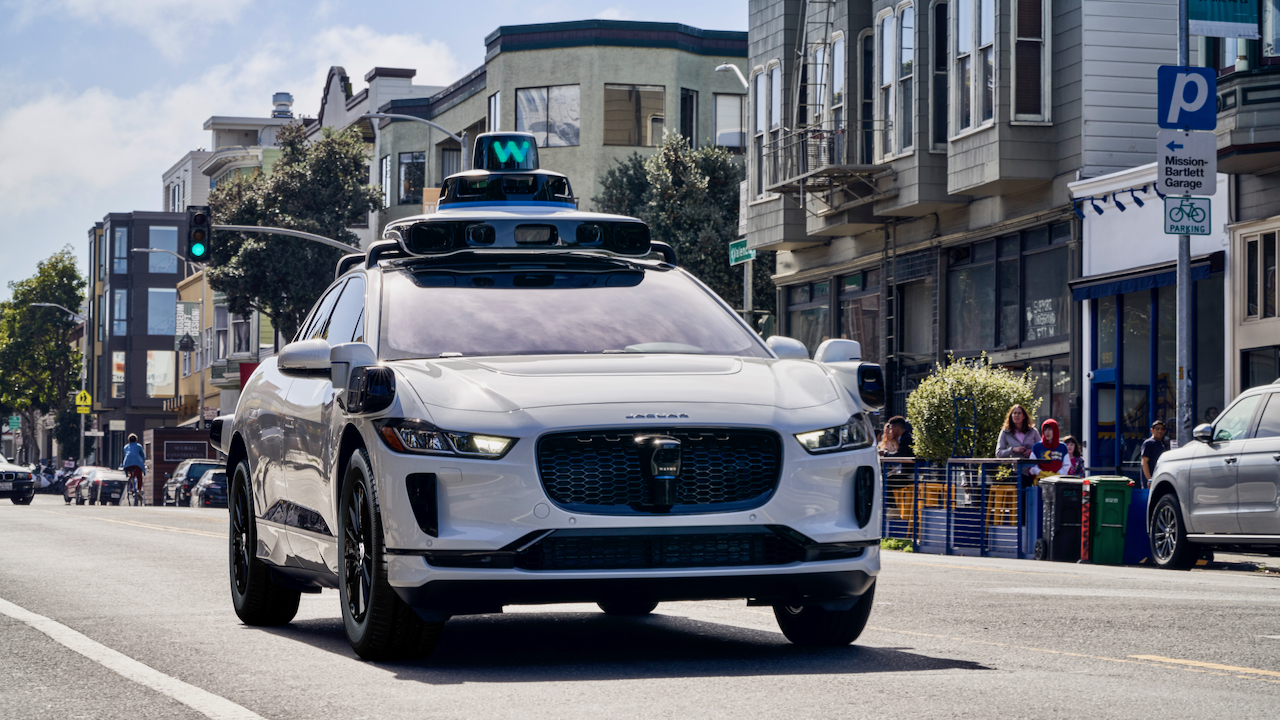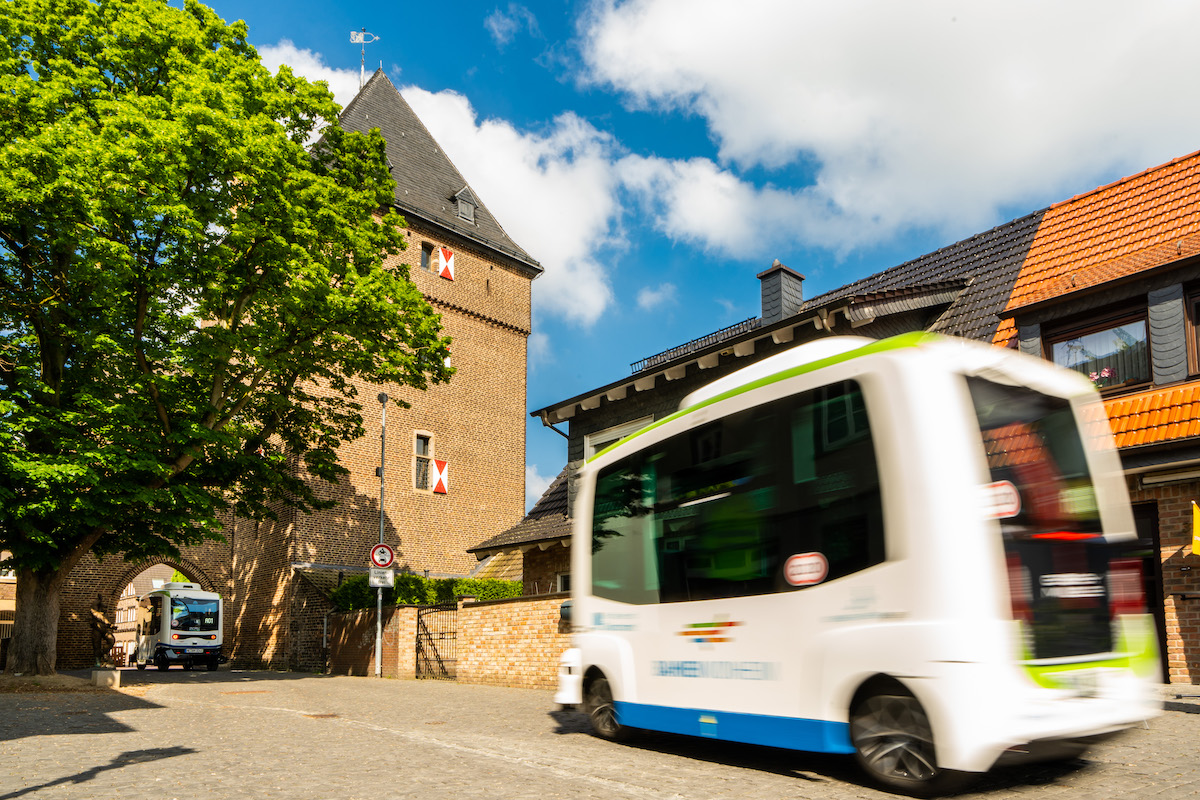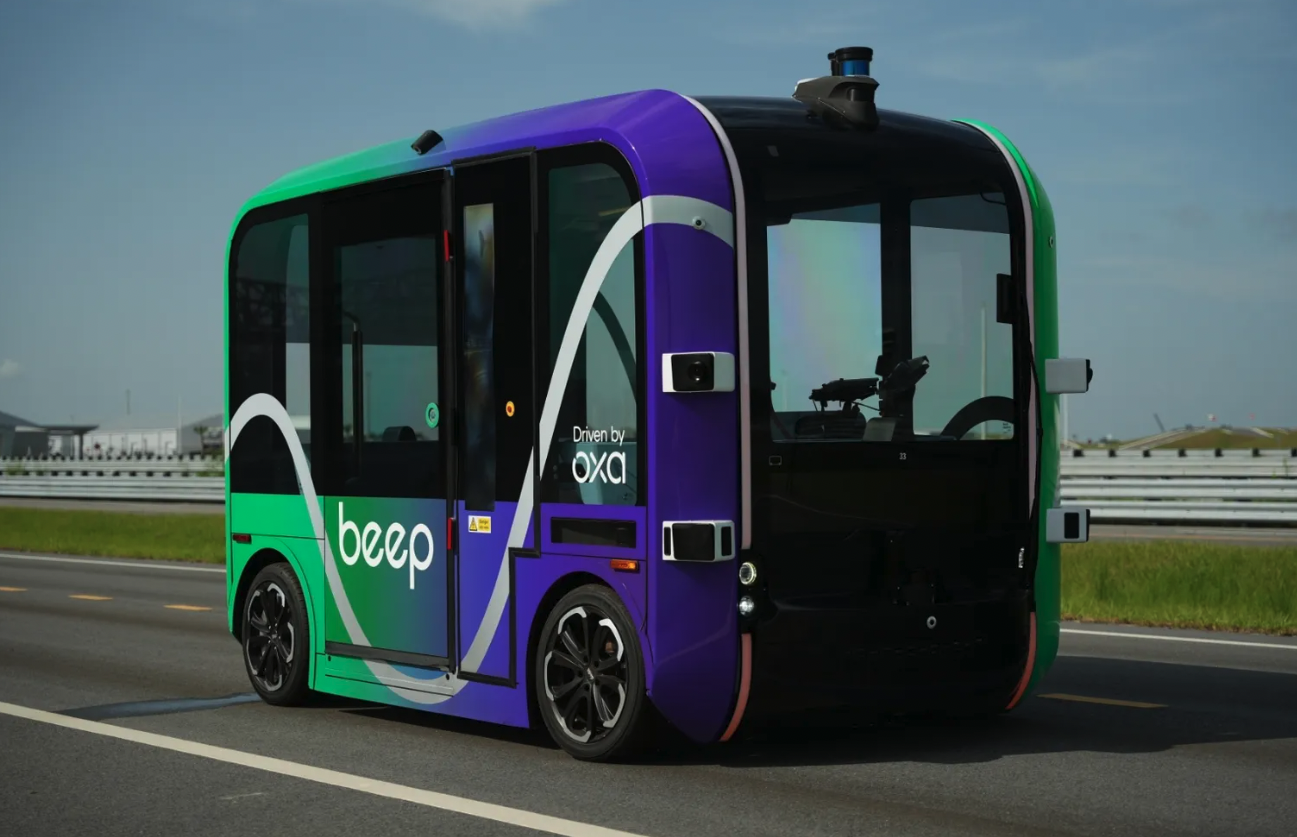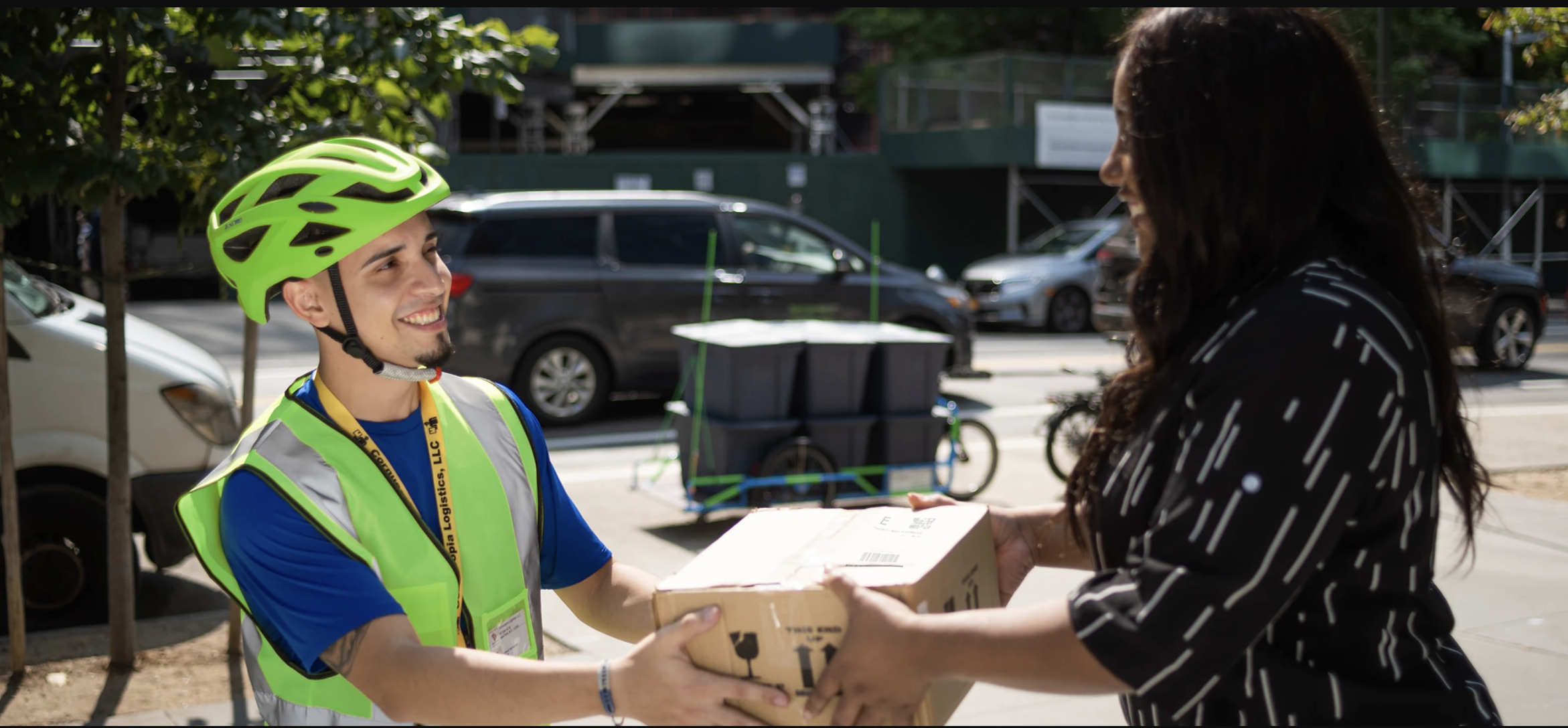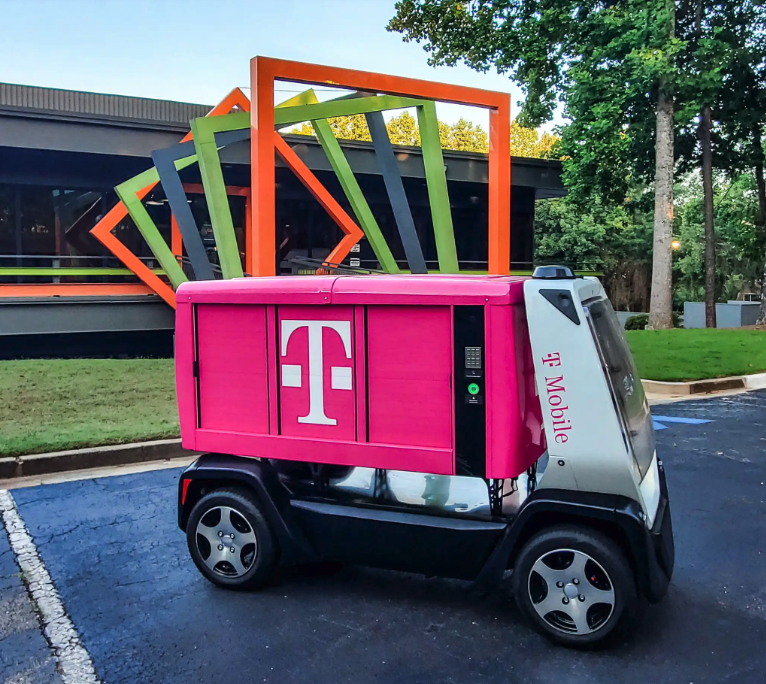As the rollout of autonomous shuttles continues to expand across the US, these vehicles are increasingly used to improve mobility on university and college campuses.
This week alone, new deployments have been announced by Beep and the North Carolina Department of Transportation (NCDOT) at the University of North Carolina at Charlotte (UNC Charlotte) and by the Jacksonville Transportation Authority (JTA) at the Florida State College at Jacksonville (FSCJ).
UNC Charlotte
Beep and NCDOT are conducting a six-month pilot programme at UNC Charlotte to demonstrate autonomous and electric shared mobility solutions.
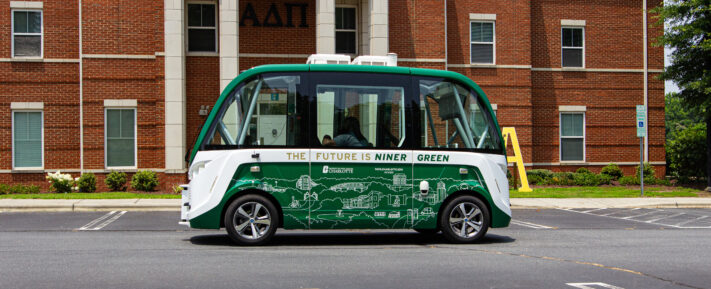
This is Beep’s second project with NCDOT as part of its Connected Autonomous Shuttle Supporting Innovation (CASSI) programme. It aims to enable NCDOT and the university’s faculty, staff and students to research and evaluate autonomous operations in a real-world, campus environment.
UNC Charlotte Associate Vice Chancellor for Business Services Doug Lape said:The intent of this pilot is to introduce autonomous technologies to the campus community and provide insight on how and where we may be able to leverage this and similar platforms on campus in the future. Our partnership with NCDOT and Beep has allowed this opportunity to take place at UNC Charlotte.
During the pilot, the autonomous shuttle will complete a 2.2-mile route connecting the Popp Martin Student Union, Greek Village, academic buildings, dormitories and the main campus light rail station on the LYNX Blue Line.
FSCJ
Meanwhile, in Florida, JTA and FSCJ have announced a new programme to test autonomous vehicles on the college’s downtown campus.
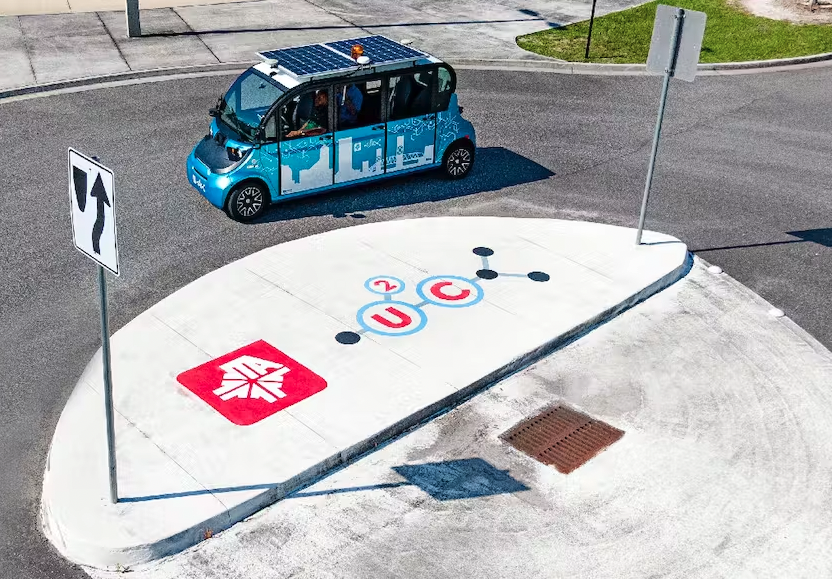
This autonomous, electric vehicle service will connect the Advanced Technology Center, the President’s office, and the Cafeteria over a one-mile route to enhance movement between these segmented areas of campus.
FSCJ President Dr. John Avendano said:FSCJ is excited to build upon our strong relationship with JTA as we ready for a future where innovation knows no bounds. This partnership enables our automotive technology students to be at the forefront of the rapidly evolving industries of autonomous vehicles, electric vehicles, and artificial intelligence by integrating these technologies into our academic programming.
The project is part of JTA’s Ultimate Urban Circulator (U2C) programme that aims to validate a range of applications for autonomous vehicles ahead of the launch of the Bay Street Innovation Corridor in 2025.



